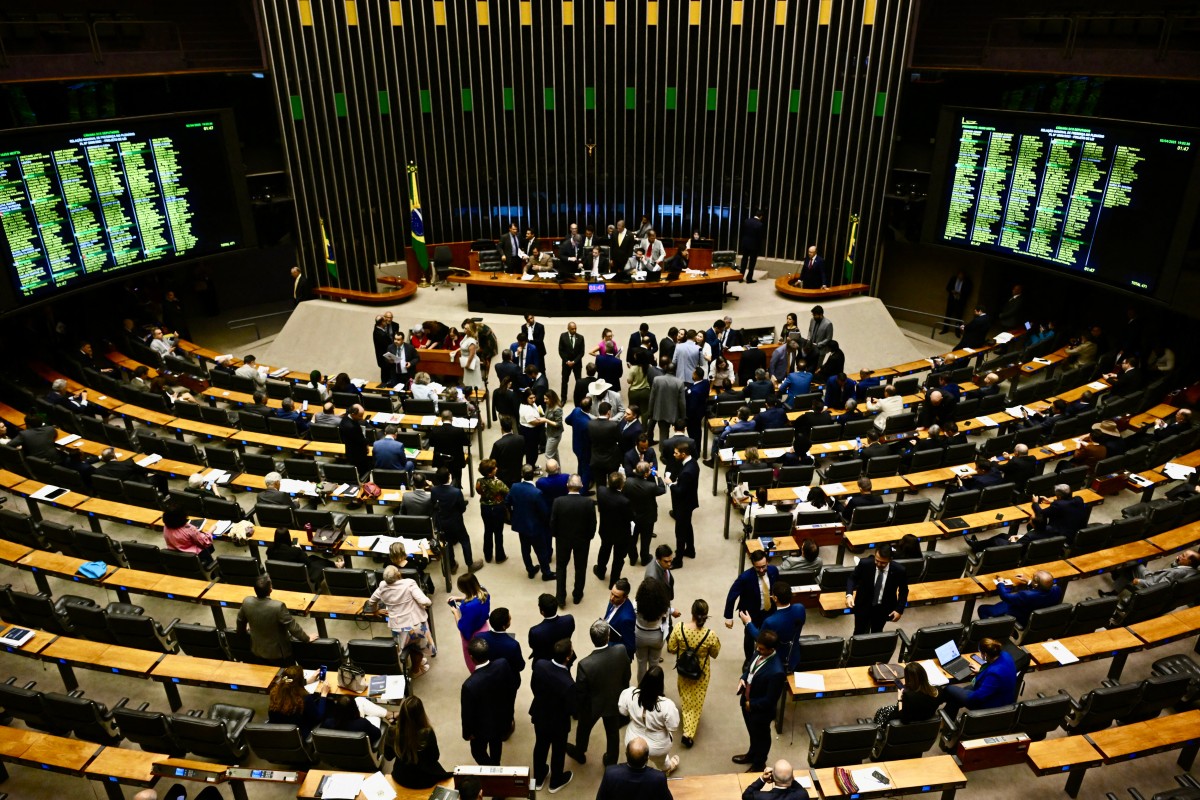Brazil’s Congress has unanimously approved the Economic Reciprocity Law, allowing Brazil to respond to international trade barriers. This move follows US President Donald Trump imposing a 10 percent tariff on Brazilian exports. The foreign ministry noted its disappointment with the tariffs but plans to explore options to ensure trade fairness, including potentially involving the World Trade Organization.
Brazil, the second-largest steel exporter to the US, faces challenges from these tariffs, impacting industries such as industrial machinery, car engines, and aerospace parts. Though coined “reciprocity,” the law isn’t necessarily meant as retaliation, but as extra leverage in negotiations with the US, noted lawmaker Lindbergh Farias. The legislation unites Brazil’s politically divided landscape.
Key Takeaways:
- Brazil’s new law aims to address unfair trade practices, particularly Trump’s tariffs.
- The legislation gives Brazil the power to adopt countermeasures impacting trade negotiations.
- It represents a rare political consensus in Brazil amidst a polarized political scene.
Explore the implications of Brazil’s trade strategy: Read more here. How do you think these political shifts could impact international trade dynamics between South America and the US? Share your thoughts below!





